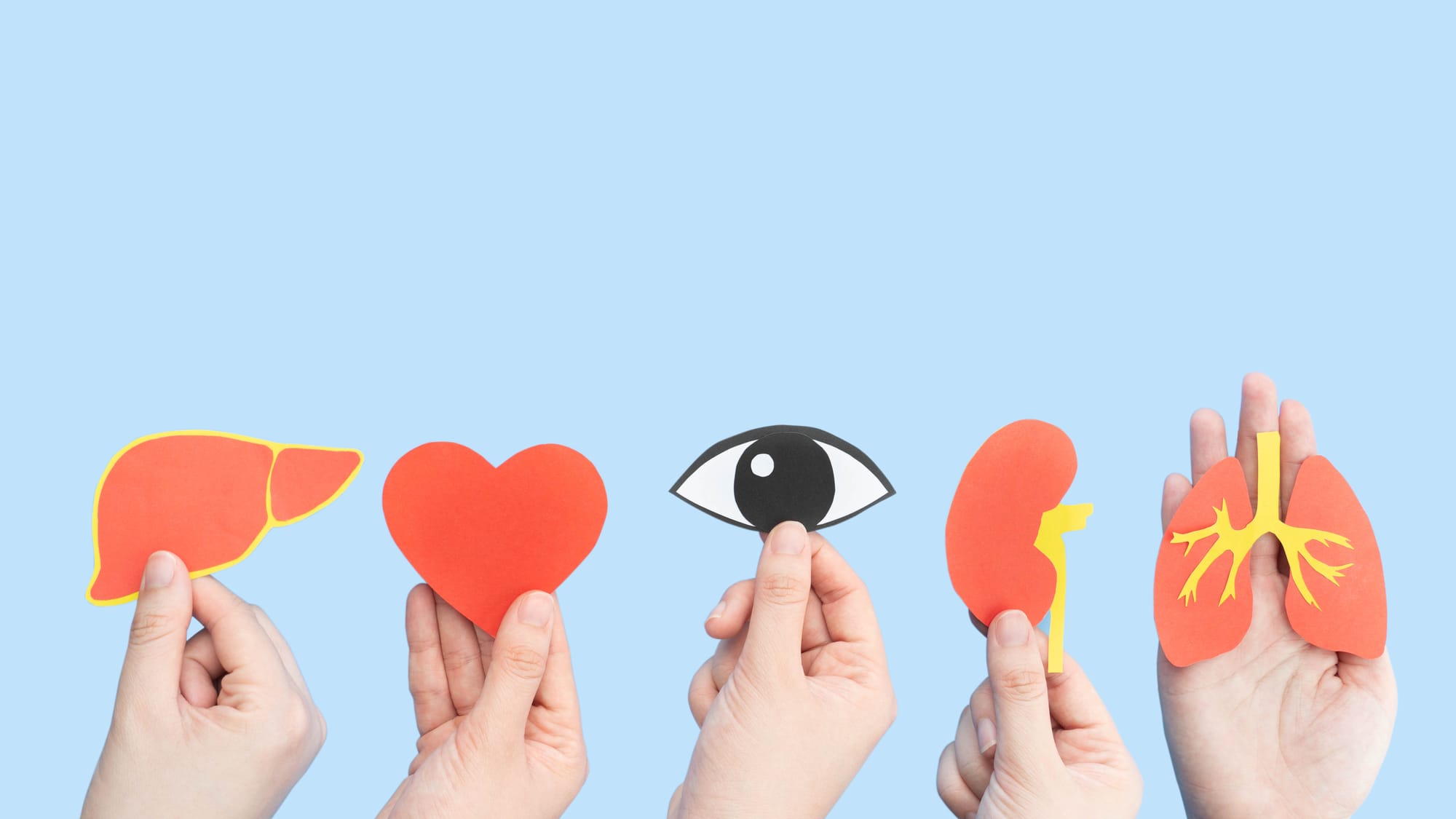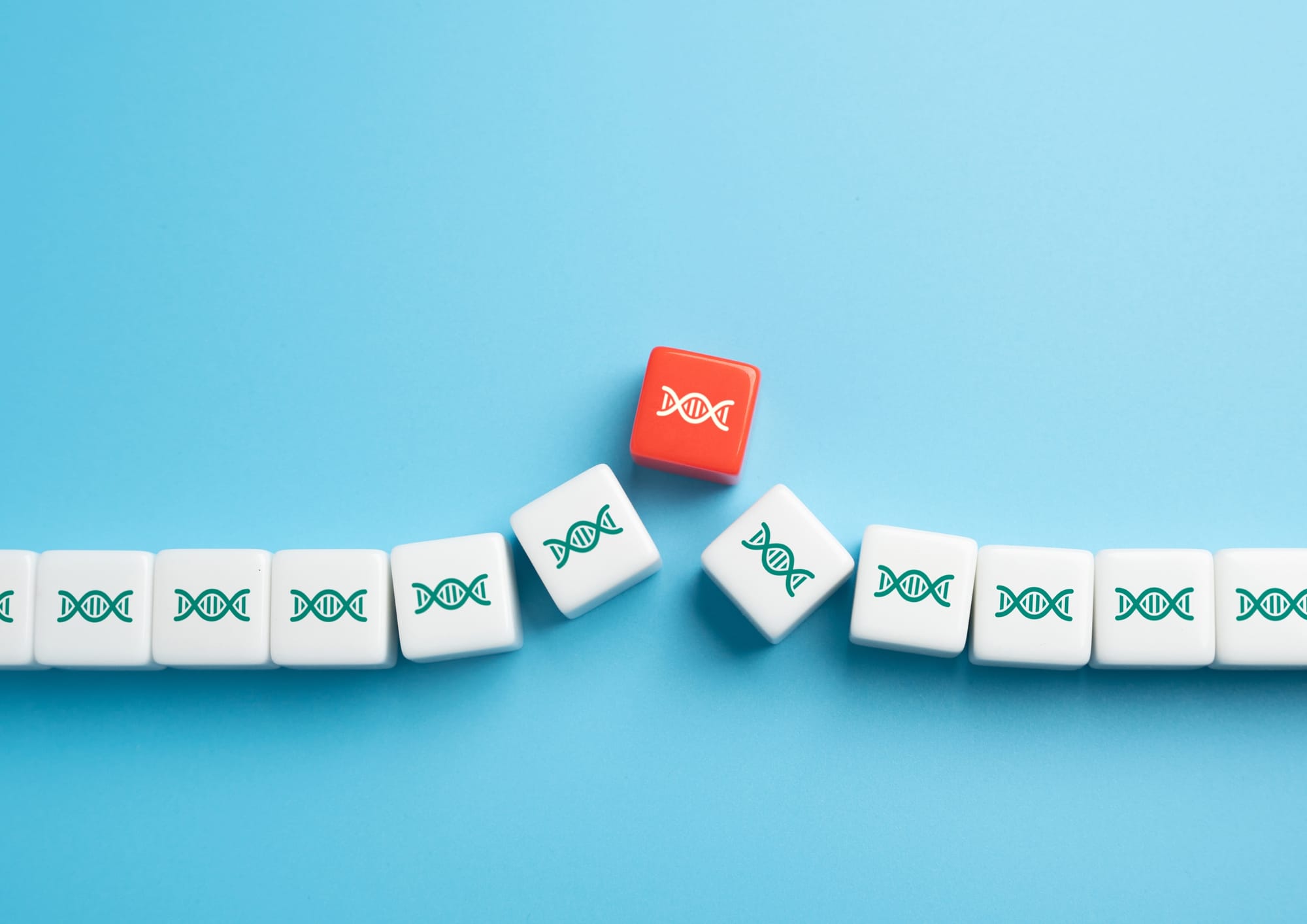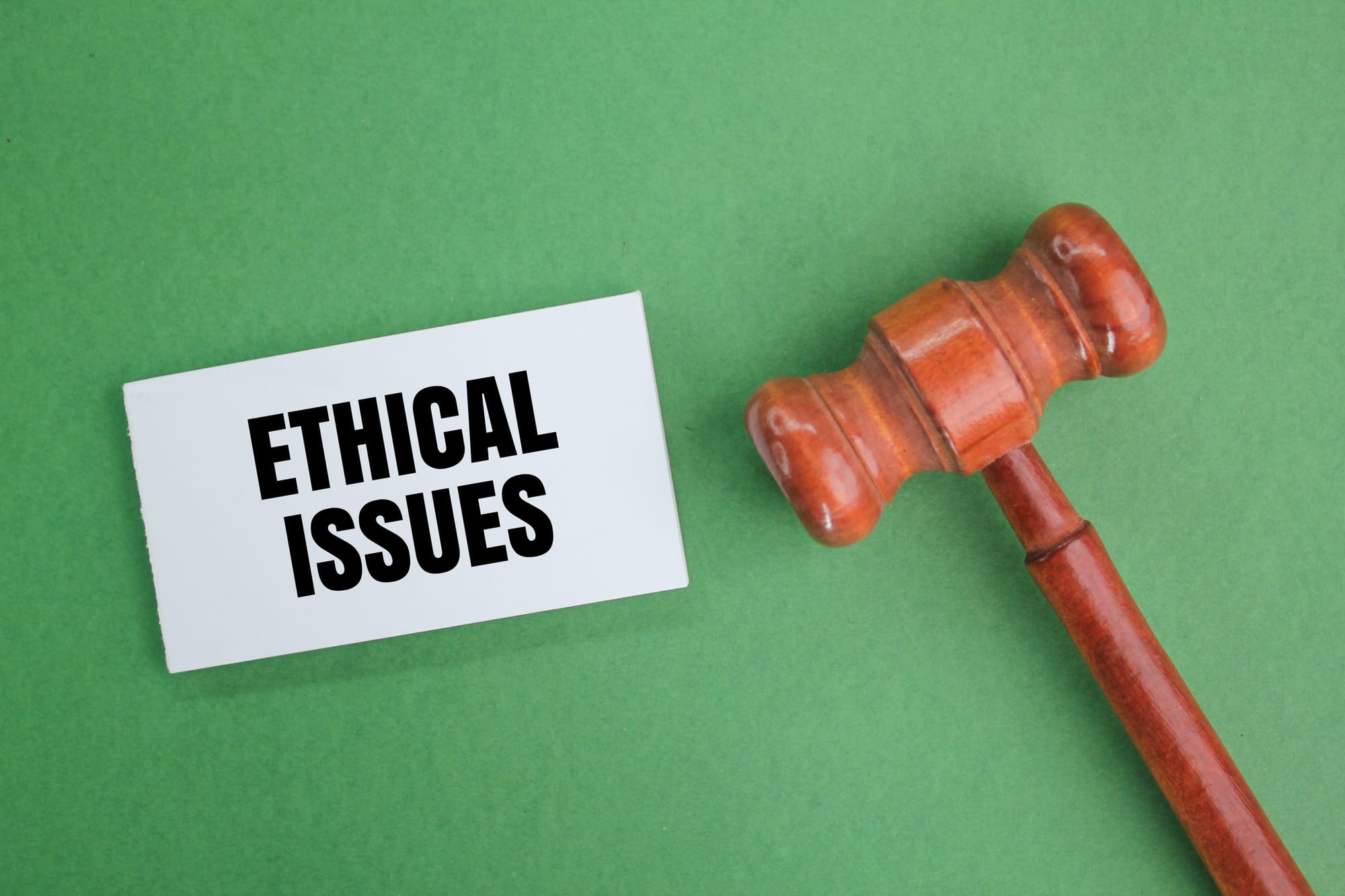"Every cloud has a silver lining," goes the saying. But when we talk about gene therapy, especially for pregnant women, this old saying gets a bit more complicated.
Imagine gene therapy as a breakthrough in medicine that could give us the “power” to fix genetic problems before a baby is even born.
It’s a ray of hope for avoiding genetic issues that a child might otherwise face. Yet, this ray of hope also brings along its share of big questions and concerns, especially about laws and morals, that we really need to think about.
Revealing the Promise of Gene Therapy

Right at the center of this exciting area of science is the idea that gene therapy can fix genetic errors right when a baby is still developing inside the mother. This is huge because it means we could one day prevent many birth defects and genetic conditions right from the start. This all comes from the huge leaps we’ve made thanks to the Human Genome Project, which has helped us learn about the tens of thousands of genes in every human cell.
With this knowledge, gene therapy works by adding new genetic material into cells to fix these errors — changing the game in medicine from just treating symptoms to actually curing the conditions!
In simpler terms, gene therapy is about getting to the root of many genetic diseases and fixing them before they even have a chance to affect a child’s life. It's a field filled with hope, aiming to turn what we once thought was unchangeable into something we can actually address and heal.
The Ethical and Legal Landscape
Gene therapy holds incredible promise, but it also opens up a lot of questions about what's right and wrong, especially for pregnant women. There's a growing conversation around questions like “is gene therapy safe for pregnancy?” and whether expectant mothers should use gene therapy to address genetic issues in their unborn children.
The general expectation is that most women will choose gene therapy once it's proven to be safe and effective. Yet, there are some who may say no because of their personal or religious beliefs, sparking a lot of debate.
The heart of this debate is the belief that the choice to use gene therapy while pregnant should be up to the woman herself. This viewpoint is crucial because it supports a woman's right to make her own decisions and pushes back against others making those decisions for her, even if gene therapy has the potential to fix serious health issues before birth.
The talk around changing genes in a way that could affect not just one child but many future ones brings up big worries about how we might be changing what it means to be human. These worries aren't just about science; they're about what's legally and morally acceptable, too.
A Glimpse into History and Precedence
The story of gene therapy, starting with its groundbreaking first official use in 1990 to help two girls fighting a tough battle with severe immune deficiency, and quickly reaching thousands of patients by 1999, showcases how fast this field is moving forward.
Yet, the debate about how well it works is still ongoing. When it comes to legal matters, the rules have always tried to find a balance between several important goals—saving lives, preventing harm to oneself, upholding the medical profession's good standards, and looking out for others' rights—when weighing a pregnant woman's choices about gene therapy for her unborn child.
This chapter of gene therapy is deeply tied to a darker period in history known as eugenics, a time when forced sterilization and unfair treatment of certain groups of people, particularly women and minorities, highlighted serious ethical wrongs. Today, there's a concern that gene therapy could unintentionally bring back some of these unfair practices, especially affecting people from different ethnic backgrounds and those with less money.
This concern makes it crucial for policies to be fair, ensuring everyone has the same access to gene therapy and preventing any form of forced treatment.
The Path Forward: Autonomy, Access, and Equity
As we delve into the world of gene therapy, with all its potential, legal questions, and moral challenges, it's really important to remember how crucial it is for people to be fully informed, to have control over their own bodies, and to be able to make their own choices. This issue goes beyond just the medical side of gene therapy – it touches on what we value as a society, the importance of respecting each person's rights, and our shared duty to make sure healthcare is fair for everyone.
Talking about gene therapy, especially when it comes to pregnant women, shows us a smaller picture of a bigger discussion on how new medical discoveries, what we think is right and wrong, and the rules we live by are all connected.
As we're getting ready to step into this new area, it's more important than ever to make sure our healthcare system values personal choice, is accessible to all, and treats everyone fairly.
By really understanding the legal and moral issues involved, we can find the best way to use gene therapy. We want to make sure that this scientific advance brings light to a future where justice and kindness guide the way.







